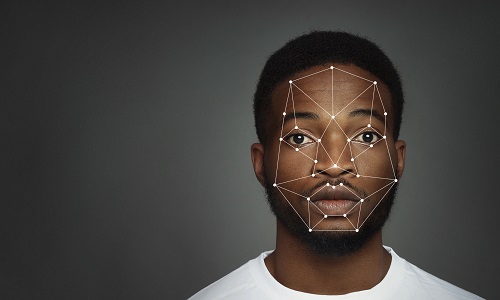Technology has had an undue effect on American jobs, replacing factory workers with machines and customer support with automated systems.
However, it’s African Americans that will suffer the most from artificial intelligence and automation, according to a new report from New York-based management consulting firm McKinsey & Co.
According to the study, African American men are over represented in three occupation categories with the highest expected displacement rate due to automation. Those jobs include office support, food service and production work.
That same demographic is underrepresented in the technology industry that will stand to benefit from this rise of artificial intelligence.
That may be something AV integrators want to keep in mind as AI becomes an increasingly important part of the equation when designing new cutting-edge systems.
These advances in technology are finding their way into dozens of technology subsectors, and that includes AV and a wide range of the industry’s customers, including hospitals, security, retail and hospitality.
Industry experts like Solutions360 president and founder Brad Dempsey have said voice control devices like Alexa for Business and Google Home, — along with anomaly detection that can tell integrators if a particular project fits within a pattern and budget – will me a major part of the AV industry by 2020.
“The power is there to change talk-to-text into actual commands,” Dempsey said at 2018’s InfoComm event in Las Vegas. “People don’t realize the power that can have.”
Should the AV industry pay attention to social issues?
That’s up to business owners and decision makers to decide — not me, a journalist who is one week into a job writing about the AV industry.
However, if McKinsey & Co. is on to something and the AV industry helps displace workers with the use of AI, it could add to the narrative that the AV is predominantly run by older white men.
According to a May survey of 465 industry professionals conducted by Commercial Integrator, 89% said they were male, and more than 57% said they were between the ages of 50 and 69.
Almost 90% said they were white, with Hispanic or Latino people making up the next largest race in the AV industry at just under 4%. Black or African Americans made up less than 2.4%, according to survey respondents.
Why does diversity matter?
There are many studies that suggest a robust diversity and inclusion initiative is good for the bottom line.
According to another study from McKinsey & Co.:
- Public companies in the top quartile for racial and ethnic diversity are 35% more likely to have financial returns above their industry median.
- Companies in the top quartiel for gender diversity are 15% more likely to see financial returns above their industry median.
- Companies in the bottom quartile for both gender and ethnic and race are statistically less likely to achieve above-average financial returns than average companies in the data set
- In the U.S., there is a linear relationship between racial and ethnic diversity. For every 10% increase in racial and ethnic diversity in the senior executive team, earnings before interest and taxes rise 0.8%.






































